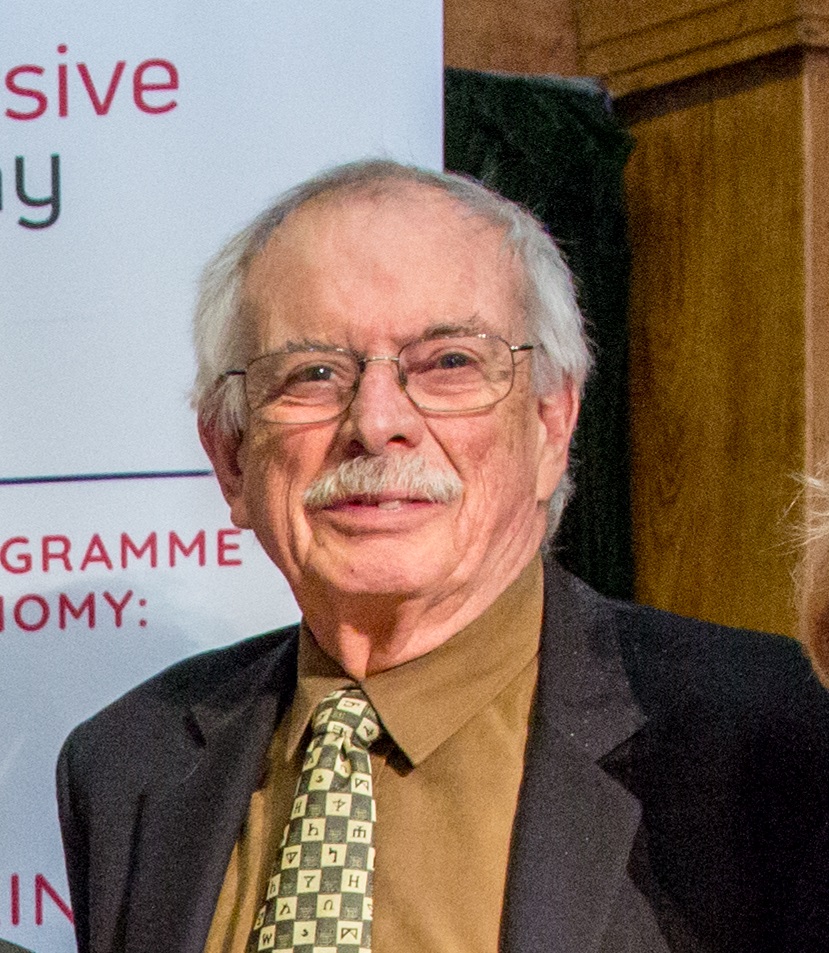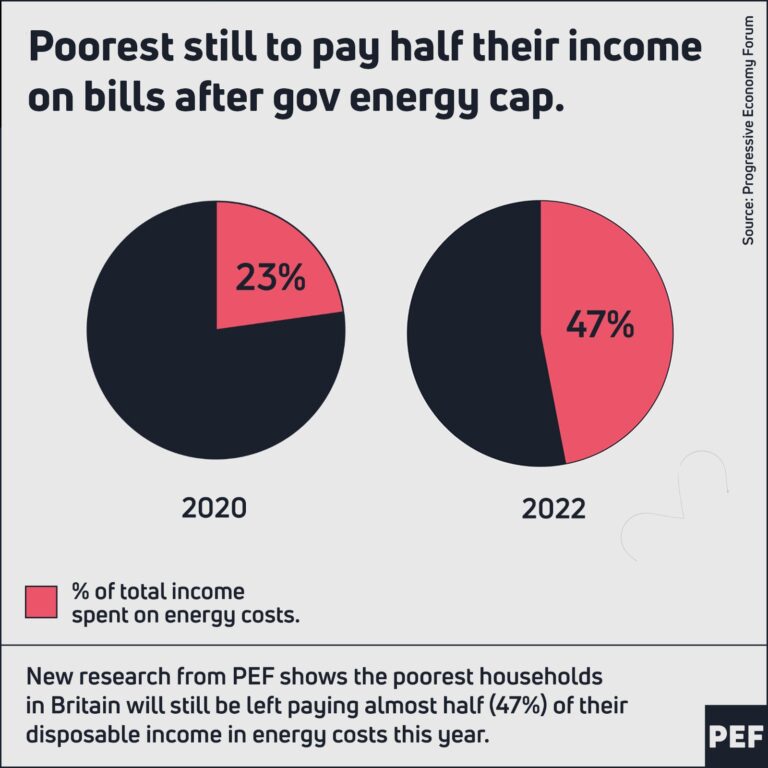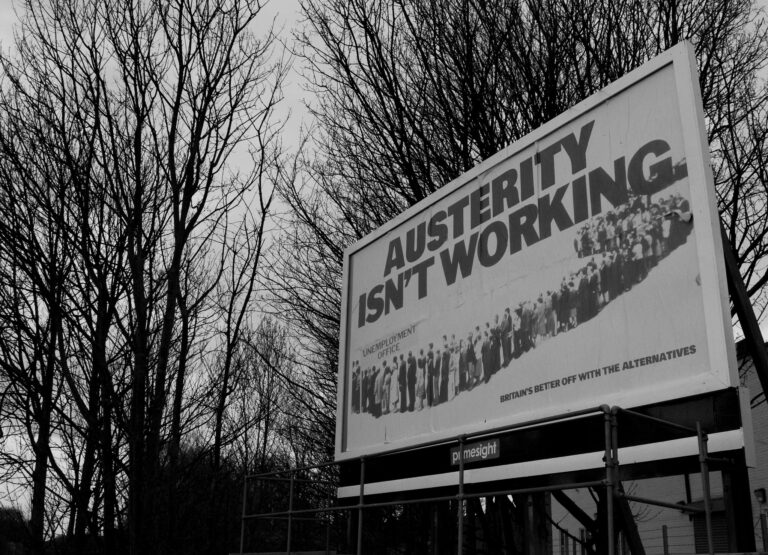Our society faces many problems that require action by our government. As much as we might wish to address climate change and reduce inequality, are the public finances able to fund achievement of these laudable goals? As I show in my new book, The Debt Delusion, the answer is a resounding “Yes, we can!”
During the global financial crisis in 2009-2010, the US and UK public sector deficits briefly reached 10% of national income. That deficit looks small compared to the budget imbalances in the USA and UK during 1941-1945. The US federal government deficit ballooned to almost 30% of GDP, and only slightly less for the British government. American or British politicians did not argue that the war was “unaffordable”; no-one suggested that the deficits were so excessive that governments should capitulate because of reckless expenditure.
Those were literal life or death struggles that justified whatever budgeting measures were necessary to sustain the war effort. Today climate change and inequality are no less pressing on our society than was the armed defense of democracy in the 1940s.
The affordability argument seems reasonable on the surface: our government has a limited budget and we must live within it. Taxes are the source of our government’s funding. Spending more than the budgeted amount results in living beyond our means. Any project that over-runs the budget is not affordable no matter how commendable.
This reasoning is wrong. Governments that manage their own currencies do not confront fixed budgets. They create their “means” either through increased tax revenue or borrowing. Expansion of our economy automatically generates more revenue. If the need for greater expenditure is too urgent to await economic expansion, our government can borrow. If immediate borrowing by sale of public bonds in capital market appears unsustainable because the market interest rates would be too high, the Bank of England or the Federal Reserve Bank can act as a backup purchaser (BoE holds 25% of the UK public debt). In fact, borrowing rates are extremely low.
Reflection suggests intention of a deeper meaning of the word “afford”. An example of the deeper message of affordability begins with the indisputable assertion that in many countries the population is ageing. At some point the income earning of elderly people ends, replaced by public and private pensions. In the 21st century, people are living longer, with elderly people living long enough to draw pension payments for an extended period, which is in itself is a good thing. Even though pensions are taxed, the shift of adults from taxpayer to pension recipient impacts on tax revenue. This reduced tax effect goes along with elderly people generating a high demand for public services, especially care services.
However, in all societies the younger care for the older. As societies become larger and more complex, the elderly receive this care less within the family and more through institutions specifically constructed for that purpose. Looking after elderly people who require specialized medical care tasks occurs partly in families, but in high-income countries this care increasingly occurs in specialized institutions.
These institutions can be public or private. Since an institution will do much the same things whether public or private, the cost is likely to be much the same for a given quality of care. The commitment of a civilized society to provide adequate care for the elderly determines the total cost. The extent to which the public or private sector provides the means to fulfill that commitment is a political decision.
We can imagine the policy process as follows. First, do we as citizens commit ourselves to ensure that the elderly have a healthy and dignified retirement? The political answer may be, “no, that is the responsibility of each family”. Most would consider that a callous political choice that results in a rationing of health and dignity by household income. If collectively we make the opposite political decision to honor the social commitment to care for the elderly, a second question arises: to what level of healthy and dignified retirement does society commit itself? Our government will implement that collective commitment through appropriate institutions. Be the institutions public or private, it falls to our government to ensure full and non-discriminatory access, to regulate health and safety, and to monitor performance.
The political choice between funding by tax or private income has no impact on “saving money” or shifting “burdens”. Consider the example of a family with an elderly member no longer able to carry out the routine of daily life. This elderly person moves into a care home that is funded through taxation. After an election the new government announces that it has sold the care home to a private corporation. In the future the elderly residents must pay for all their care. The consequence of the privatization of elderly care is to change the form of the household’s payments from taxation to direct payment to the private care provider. If household incomes were equally distributed, total care cost were the same for public and private provision, and the quality of care was also the same, a change from taxation to direct private payment would involve a mere shift in funding method.
In no country are household incomes equally distributed. In all wealthy countries the tax system is progressive: the higher the household income, the larger is the share paid in tax. Taxation provides the vehicle to fund a standard of care that fulfills the commitment of full and non-discriminatory coverage. While it counters the inequality generated by market economies, the shift from public to private funding does not alter the total cost of the commitment to universal coverage.
Affordability should refer to society as a whole and not merely the public sector. How society divides provision between public and private is a political choice. The appropriate question is not whether we can afford elderly care, environmental protection or a range of public services but “should we pay for that?” If the answer is “yes”, then democratic governments will find the means to pay by taxation or borrowing.
Occasionally societies face the need to “tighten their belt” and cut back other spending in order to afford a service or policy action. When they do so it should be to achieve a noble purpose, such as saving our planet, not to shirk from the commitment to a just society. Public debts and deficits are not in themselves problems. On the contrary, they can contribute to the solution of society’s needs.
Professor John Weeks’ latest work The Debt Delusion: Living Within Our Means and Other Fallacies is published by Polity.
This piece is cross-posted from Polity. Photo credit: Flickr/MOD.








